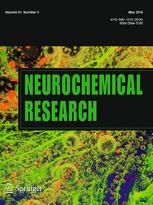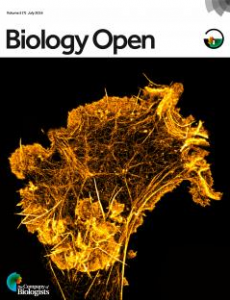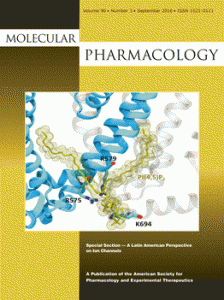 With so many retraction notices pouring in, from time to time we compile a handful of straight-forward retractions.
With so many retraction notices pouring in, from time to time we compile a handful of straight-forward retractions.
Once again, this list focuses on duplications — but unlike other duplications, these authors were not at fault. Rather, these retractions occurred because the publishers mistakenly published the same paper twice — the result of a transfer between publishers, for instance, or accidentally publishing the unedited version of the paper. We’re forced to wonder, as we have before, whether saddling researchers’ CVs with a retraction is really the most fair way to handle these cases.
So without further ado, here’s five cases where the journal mistakenly duplicated a paper, and had to retract one version: Continue reading You’ve been dupe’d: Results so nice, journals published them twice







